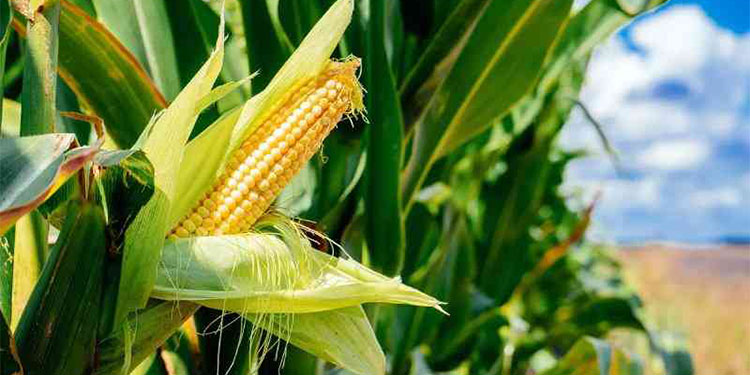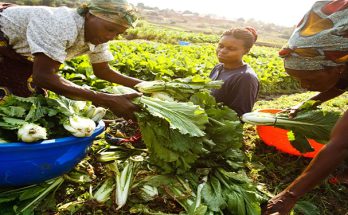 In order to revitalise the agricultural production and manufacturing sectors, Kenya’s cabinet approved the commercialization of genetically modified (GM) maize and opened the door to open cultivation and imports.
In order to revitalise the agricultural production and manufacturing sectors, Kenya’s cabinet approved the commercialization of genetically modified (GM) maize and opened the door to open cultivation and imports.
The President William Ruto-chaired cabinet claimed that by approving the use of pest- and disease-resistant crops, it was taking an important step toward reinventing agriculture in Kenya.
The government announced in a statement that “open growing and importation of white (GMO) maize is now approved.”
The decision was made, according to the statement, in accordance with the task force’s recommendation to review issues relating to GM foods and food safety, as well as in adherence to the National Biosafety Authority’s guidelines on all applicable international treaties, including the Cartagena Protocol on Biosafety (CPB).
The cabinet stated that the choice was made in light of the task force’s advice and the medium- to long-term remedies to the ongoing drought.
As a result, Kenya is now the first nation in east Africa to permit the importing and cultivation of GMO crops.
Kenya has now joined South Africa, Sudan, Egypt, and Burkina Faso in commercialising the cultivation of genetically modified (GM) crops like maize, sorghum, and cowpea as well as cash commodities like cotton and soybean.
The open cultivation of GM crops and the importing of food crops and animal feeds made using biotechnology breakthroughs were both outlawed in Kenya in 2012 by the country’s authorities.



